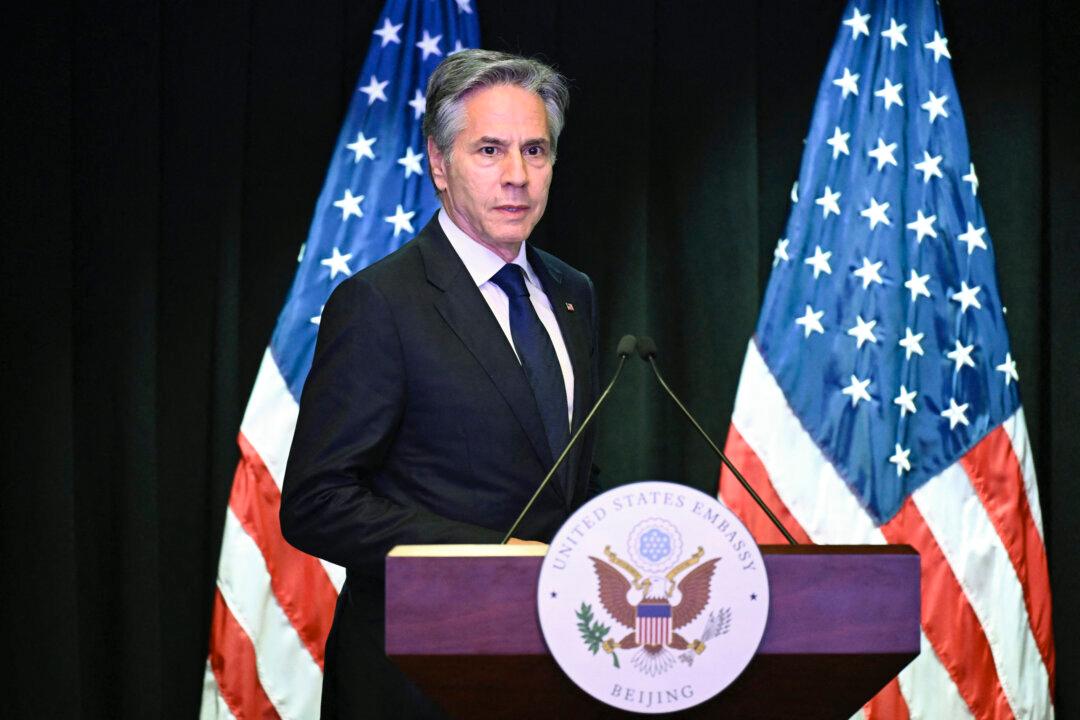Canada recently announced that it will take action against China’s price manipulation. At the same time, India and the European Union (EU) launched anti-dumping investigations into Chinese products, while the United States is considering a new round of sanctions and tariffs against China-made goods.
On April 23, Chrystia Freeland, Canada’s Finance Minister, said that Canada, along with other countries in the Five Eyes intelligence-sharing network, will actively take measures to tackle the issue of price manipulation by countries like China on critical metals.





